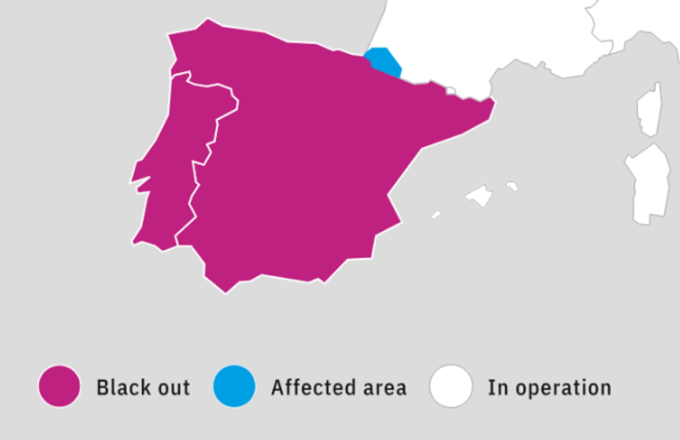Upcoming Clean Power Industrial Strategy must enable SMEs to “invest ahead of need”
Fundamentals CEO Dr Jon Hiscock argues that the UK’s Clean Power strategy must provide companies with long-term certainty to invest.

The investment needed to deliver the UK’s transition to a sustainable, low-carbon future “requires profound changes to the way we plan, manage and design our energy system. We need to invest ahead of need.”
So said BEAMA CEO Yselkla Farmer in the association’s recent Industrial Strategy white paper, spelling out in detail the contribution that members can make to the Industrial Strategy.
We believe the strategy must include expanding the roles of dozens of small and medium-sized UK innovators, engineers and manufacturers like Fundamentals, which have the specialist solutions and skills to enable the industry’s big players to transition the grid successfully.
SMEs like us collectively have the potential to create thousands of jobs, further develop the UK’s position as a world leader in low carbon technologies, and export our products and services internationally.
Investment demands certainty
To achieve this, we need the government to establish a long-term strategic framework that will provide certainty. This would enable us to invest with confidence in everything from product development and manufacturing capacity, to recruitment and skills.
The problem is, many smaller companies currently work with order books of a few months ahead. So there is little ability to “invest ahead of need”.
Without future certainty, investment, staffing and production capacity are by necessity geared to short time horizons. And if there are unplanned increases in orders, they will be placed elsewhere. Probably overseas.
Our campaign to be recognised as key players in the Clean Power transition is being led by BEAMA. Initiatives so far include an Industrial Strategy Round Table in February, where BEAMA executives and members sat down with representatives of DESNZ (Department for Energy Security and Net Zero) and DBT (Department for Business and Trade) to make the case for closer involvement of our sector, including SMEs.
Long-term thinking
For example, a strategy which will enables us to “invest ahead of need” must be part of Ofgem’s forthcoming ED3 electricity distribution price control framework, which will determine what DNOs can invest in 2028-2033 i.e. straddling the Clean Power by 2030 objective.
Investing “ahead of need” is not just about money. Increasing recruitment, skills development, product innovation and ramping up production takes years, rather than months. It involves everything from ensuring the education system provides recruits with the appropriate qualifications, to companies like ours setting up apprenticeship schemes.
Long-term strategies are already in place for many parts of the UK’s energy ecosystem. Nuclear power stations and large wind installations would never get built without developers having certainty that they would be viable for decades to come. Nor would energy transmission networks be constructed, unless the case for “invest ahead of need” was proven.
But what about our electricity distribution systems?
Whole-system strategy
The UK generation, transmission and distribution infrastructure was developed post-war and strategically planned as a whole-system solution to our energy needs. Despite its flaws, it served us well for decades.
Now we need a new whole-system strategy that embraces hundreds of thousands, even millions, of distributed energy resources (DERs), including intermittent renewables, storage and rapidly changing patterns of consumer demand.
These developments present enormous challenges for the distribution parts of the grid, where we and many other specialist SMEs are actively delivering the innovative solutions operators need to change the way they work.
In our case, it is solutions to control system voltages, which can be impacted dramatically by sudden changes in supply and demand, increasingly causing customer equipment issues.
Home-grown potential
UK companies large and small have the potential to deliver the home-grown technologies which are essential to transform our electricity systems. But only if Ofgem, GB Energy and government produce a joined-up strategy, which will make it clear what and when the industry needs from suppliers, and what and when suppliers need to deliver, to meet Clean Power 2030 targets and beyond.
BEAMA and our fellow members are not campaigning for subsidies or state control of our businesses. But we are pushing for inclusion in a comprehensive Clean Power Industrial Strategy, which will stimulate investment in world-leading technologies, products and jobs. And enable us to play a crucial role in transitioning the UK to a home-grown, low carbon, lower cost and sustainable energy future.
Learn more

- Industry News
TNB helps drive energy transition in Southeast Asia

- Article
- Industry News
- Other
Malaysia looks to solar to hit 35% renewables by 2025

- Industry News
Spain needs urgent action on voltage control to avoid repeat of April blackout, says regulator

- Article
- Industry News